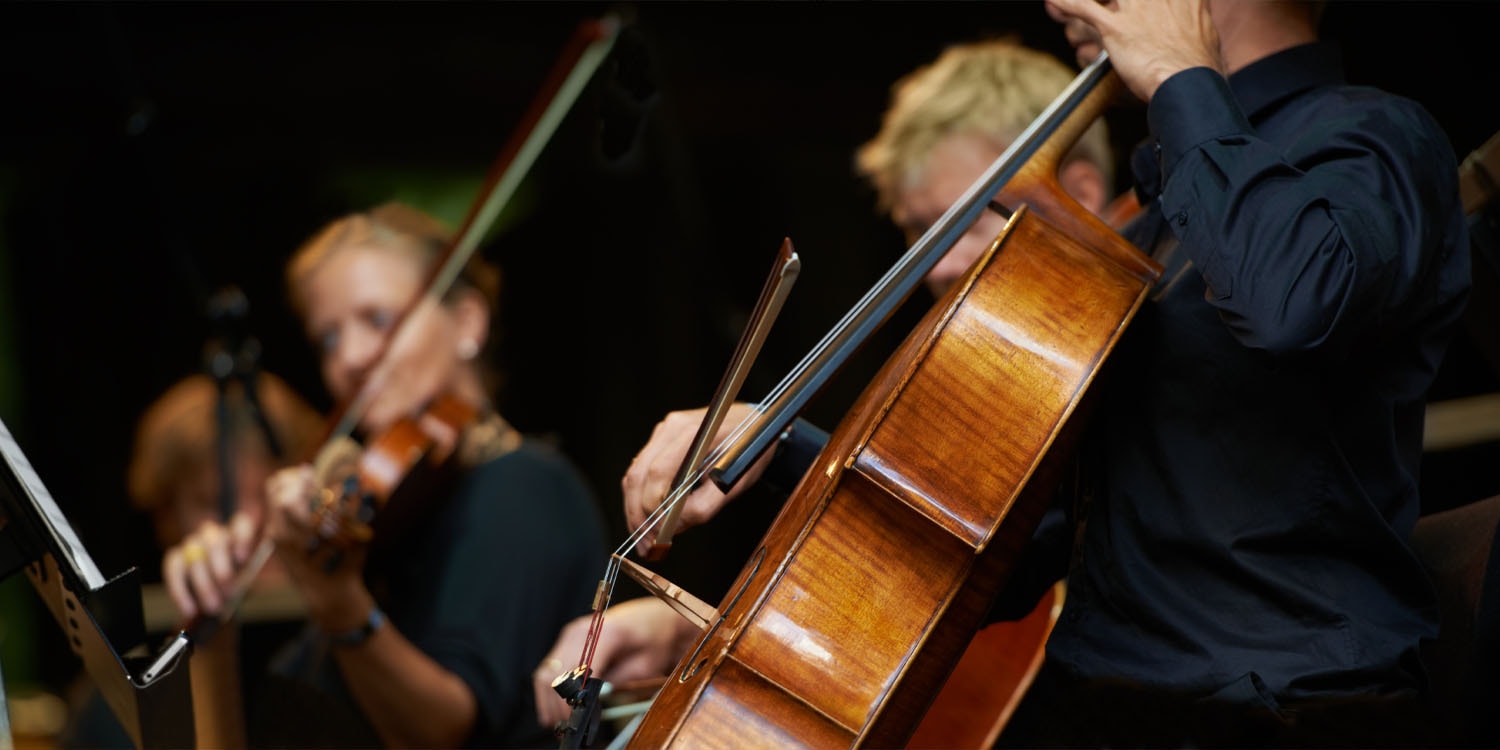In the hustle and bustle of adolescence, finding activities that foster personal growth can be challenging. Yet, a new study published in the journal PLOS ONE suggests that playing music in an ensemble might be a key to unlocking valuable life skills in young musicians. The explorative qualitative study interviewed adolescents who participated in a long-term music education program, shedding light on the benefits and challenges they experienced.
Previous studies have highlighted the positive effects of music on children and young people, but there is limited research on how playing in a classical music ensemble specifically impacts life skills. The study aimed to fill this gap by exploring the self-perceptions of young musicians, focusing on the skills they developed and the challenges they faced.
“I have always had an interest in studying the development of life skills in young people. Life skills (such as effective communication, active listening, empathy, self -regulation and problem-solving) can significantly enhance one’s ability to navigate both personal and professional challenges successfully are protective factors for young people because they equip them with essential abilities to navigate various challenges and stressors in their lives,” said study author Anna Bussu, a senior lecturer at Edge Hill University.
“Through my academic work in social and educational psychology, I have been particularly curious about the development of life skills among adolescents, a critical period for personal development. While there is extensive literature on the cognitive and academic benefits of music, I noticed a gap in exploring how participation in a classical music ensemble might influence adolescents’ self-perception of confidence and emotional and social-relational skills. This research not only aims to fill that gap but also has broader implications for educational practices and the potential integration of classical music into curricula to foster holistic development.”
To conduct this study, researchers employed a convenience sampling technique, selecting 15 adolescents aged 12 to 18 who had participated in a music education program led by a charity in Liverpool, England. This program, provided by the charity Early Music as Education (EMAE), offered a range of learning activities at no cost, including tutorials, classes, seminars, and residentials abroad.
The research team conducted semi-structured interviews, lasting between 45 and 60 minutes, with each participant. These interviews were audio-recorded, transcribed, and analyzed using NVivo software, following a thematic analysis approach. This method allowed researchers to identify key themes and patterns in the participants’ responses, shedding light on their experiences and perceptions.
The thematic analysis revealed two primary themes: the benefits of playing and learning in an ensemble and the challenges experienced by young musicians.
Participants reported that playing in an ensemble helped them develop not only their musical abilities but also crucial life skills. These skills were categorized into three main areas: cognitive, emotional, and social-relational.
Adolescents noted that their critical thinking and self-awareness improved through ensemble participation. They learned to evaluate their performance critically and manage their time and self-discipline effectively. For instance, one participant mentioned how the structured practice schedule helped them prepare for school and other responsibilities.
Self-confidence also emerged as a significant benefit of ensemble playing. Many participants felt more comfortable performing in front of large audiences and engaging with others. They also learned to manage their emotions, particularly frustration and anxiety, which are common challenges in musical practice.
Playing in an ensemble fostered effective communication and interpersonal skills. Participants learned to listen to others, work as a team, and build positive relationships. These social connections extended beyond the musical setting, with some participants noting how ensemble activities helped them socialize more easily in other contexts.
“Playing music together in person is not just about learning music, but is especially crucial in the post-COVID context for developing interpersonal life skills and community building,” Bussu told PsyPost. “These dimensions are fundamental for young people’s well-being and for boosting their self-confidence. Engaging in group music activities helps develop essential social skills and a sense of belonging, which are vital for their overall development and mental health. As several young people stated during the research, ‘Classical music has the power to connect people.’”
Despite the many benefits, participants also faced some challenges in their musical journey. For instance, learning to play an instrument in an ensemble setting required adapting to new techniques and styles, which some participants found difficult.
Frustration and feelings of inadequacy were prevalent among the young musicians. They often compared their performance to their peers and the ensemble’s standards, leading to moments of self-doubt. Managing these emotions was a significant part of their learning process.
Balancing individual practice with ensemble playing posed social challenges. Participants had to navigate group dynamics, sometimes feeling restricted by the need to coordinate with others. However, these experiences also taught them valuable lessons in cooperation and compromise.
“I was particularly surprised by the impact of the pedagogical model and practices adopted in the study,” Bussu said. “Unlike the traditional one-to-one teacher-student approach, the collaborative ensemble learning environment made a significant difference. The findings revealed that learning in a group setting, combined with peer mentoring across different ages, was extremely effective in fostering community building and enhancing both self-efficacy and socioemotional skills.”
“This approach not only supported the development of life skills but also demonstrated that peer interactions can significantly contribute to the overall growth of both mentors and mentees. Moreover, learning music in an ensemble, even though it has sometimes been challenging and involved difficulties in the learning process, has allowed young people with diverse learning and interpersonal needs to feel as included and valued as everyone else.”
The findings of this study have important implications for music education programs. They suggest that incorporating ensemble activities can significantly enhance the holistic development of young musicians. By fostering cognitive, emotional, and social-relational skills, ensemble participation prepares adolescents for various life demands.
The findings of this study have important implications for music education programs. They suggest that incorporating ensemble activities can significantly enhance the holistic development of young musicians. By fostering cognitive, emotional, and social-relational skills, ensemble participation prepares adolescents for various life demands.
“An important caveat pertains to the accessibility of classical music among young people,” Bussu noted. “It is crucial to explore methods for making it more popular and inclusive, rather than elitist. The goal is to broaden the accessibility of classical music and shift its image from one of exclusivity to one of inclusivity, ensuring that young people from all backgrounds have the opportunity to engage with and benefit from it. Implementing projects to promote learning classical music in ensembles, evaluating their impact, and developing new strategies to integrate it into cultural and educational contexts are essential steps in addressing this issue.”
“We are writing a new article from the perspective of community members such as family members, school teachers, and music tutors,” she added. “Exploring their perspective is fundamental, as they play a crucial role in promoting and facilitating the learning of classical music among young musicians. Additionally, we want to investigate whether certain pedagogical models and practices are more effective than others for ensemble music learning.”
The study, “Playing music together: Exploring the impact of a classical music ensemble on adolescent’s life skills self-perception,” was authored by Anna Bussu and Marta Mangiarulo.




